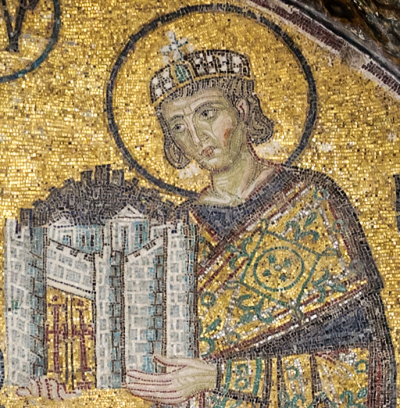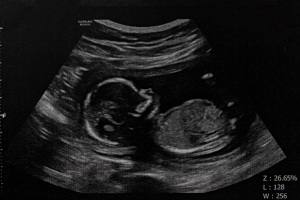7 Interesting Facts About Christmas
The Origin of the Dec. 25 Date

For the first few centuries of Christianity, Christmas was not celebrated and lacked a specific date. After all, the Bible does not give a specific birth date for Jesus.
According to History.com, Dec. 25 was likely chosen by church officials as a way to help evangelize pagans who celebrated different observances on that date.
"When church officials settled on December 25 at the end of the third century, they likely wanted the date to coincide with existing pagan festivals honoring Saturn (the Roman god of agriculture) and Mithra (the Persian god of light)," noted History.
"That way, it became easier to convince Rome's pagan subjects to accept Christianity as the empire's official religion."
Some scholars, including Andrew McGowan, have argued that the date may have originated with an early church assumption that Christ was conceived at the same time of year as he died, which was in the spring, thus setting up a December birthday.
"... the actual date might really derive more from Judaism — from Jesus' death at Passover, and from the rabbinic notion that great things might be expected, again and again, at the same time of the year — than from paganism," wrote McGowan.
"Then again, in this notion of cycles and the return of God's redemption, we may perhaps also be touching upon something that the pagan Romans who celebrated Sol Invictus, and many other peoples since, would have understood and claimed for their own, too."





























